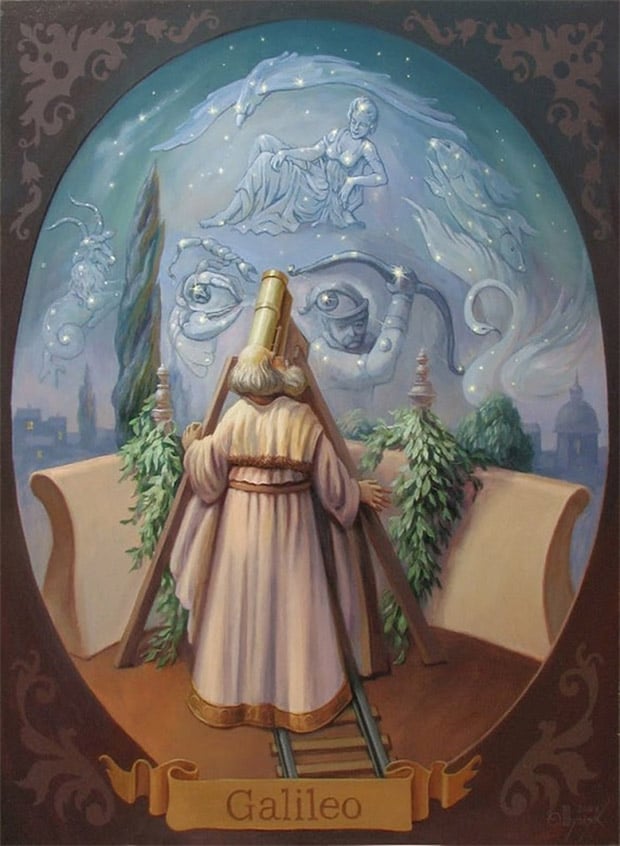Perspective
It had been so many years..
had they been short or long?
had they sped by or gone slow?
It all depended
on his perspective.
There were a few various
angles from which he could and
did view the passing years.
There was
the sad approach.
Here he could come up
with plenty of unhappy times
where they had struggled long and
hard, or where they had just not been
united.
Some of these
sad shards still lodged
in his heart but with God's
infinite love they were being
healed gradually. It was beautiful
to behold but still splinters did remain.
These were slow going times when he felt
like he was wading through mud.
There was
the contented
position, a place where
he lived the majority of his days.
This position gave him his gentle reflections
and cheerful smiles and words which he was
able
to pass on to all who came into his life.
He blessed those
closest to him most. The pace was easy.
There was
also the happy
attitude from where
he could view the world
going by and his place in it
and truly be thankful, a deep place,
a well where blessedness lived as he
considered the past, today and tomorrow.
This outlook had a generous width and
sprang
from a deep, full, running over, spring.
Happiness
helped the days to speed on by.

Galileo -- Oleg Shuplyak
In the 1580s Galileo Galilei taught perspective at the Accademia delle Arti del Disegno (Academy of the Arts of Drawing) in Firenze (Florence) before going to the Università degli Studi di Padova (University of Padua), where he taught geometry, mechanics, and astronomy.
ReplyDeleteconfirmed the phases of Venus and discovered Jupiter's 4 moons and Saturn's rings. Pope Clemens VIII claimed of Roberto Francesco Romolo Bellarmino, the Jesuit archbishop of Capua, that "the Church of God had not his equal in learning." As cardinal inquisitor he was one of the judges who condemned the Dominican friar Giordano Bruno to be burned at the stake as a heretic in 1600 for proposing that the stars were distant suns and that the universe was infinite and, since it had no center, had no central celestial body. Mikołaj Kopernik ("Copernicus") had died in 1543, and his theory (that the Earth was not the center of the universe, but in fact revolved around the sun) had been used by Grgorius XIII to reform the calendar in 1582, but many religious people opposed the doctrine based on Psalm 104:5 ("the Lord set the earth on its foundations; it can never be moved"), Ecclesiastes 1:5 ("And the sun rises and sets and returns to its place"), and other Biblical passages. In "Sidereus Nuncius," based on his 1609 telescopic observations, Galileo defended heliocentrism, and in 1613 he wrote to his Benedictine student Benedetto Castelli, an abbot at Monte Cassino, that the Bible was authoritative on faith and morals but not on science. In 1514 the Dominican priest Tommaso Caccini in an influential ssrmon took rhetorical aim at Galileo by quoting Acts 1:11, "Ye men of Galilee, why stand ye gazing up into heaven?" The following year Cardinal Bellarmino insisted that the Copernican system could not be defended without "a true physical demonstration that the sun does not circle the earth but the earth circles the sun." Galileo tried to demonstrate the truth of system by (incorrectly) claiming that the tides were caused by the terrestrial surface speeding up and slowing down because of the Earth's rotation on its axis and revolution around the Sun. By that year various of his publications and his letter to Castelli were sent to the Roman Inquisition, and Galileo was accused of trying to subvert Catholic doctrine. The commission concluded in 1616 that heliocentrism was "foolish and absurd in philosophy, and formally heretical since it explicitly contradicts in many places the sense of Holy Scripture" and that the notion of the Earth's movement "receives the same judgement in philosophy and... in regard to theological truth it is at least erroneous in faith." At pope Paulus V's instruction Bellarmino summoned Galileo and ordered him "to abandon completely ... the opinion that the sun stands still at the center of the world and the earth moves, and henceforth not to hold, teach, or defend it in any way whatever, either orally or in writing." But after Galileo's Jesuit friend and admirer was elected pope Urbanus VIII in 1632 Galileo published his "Dialogo sopra i due massimi sistemi del mondo" (Dialogue Concerning the Two Chief World Systems), which explicated his tidal theory and defended heliocentrism. He was charged with heresy in 1633. Despite threats of torture he refused to admit that he had defended heliocentrism after 1616; after 4 months he was found "vehemently suspect of heresy" and required to "abjure, curse and detest" his heretical views; his "Dialogo" was banned and the publication of his works, including future works, was forbidden; and Galileo was sentenced to house arrest for the rest of his life. He was also required to read weekly the 7 penitential psalms for 3 years. Upon hearing the sentence he was alleged to have muttered, "E pur si muove" (And yet it moves).